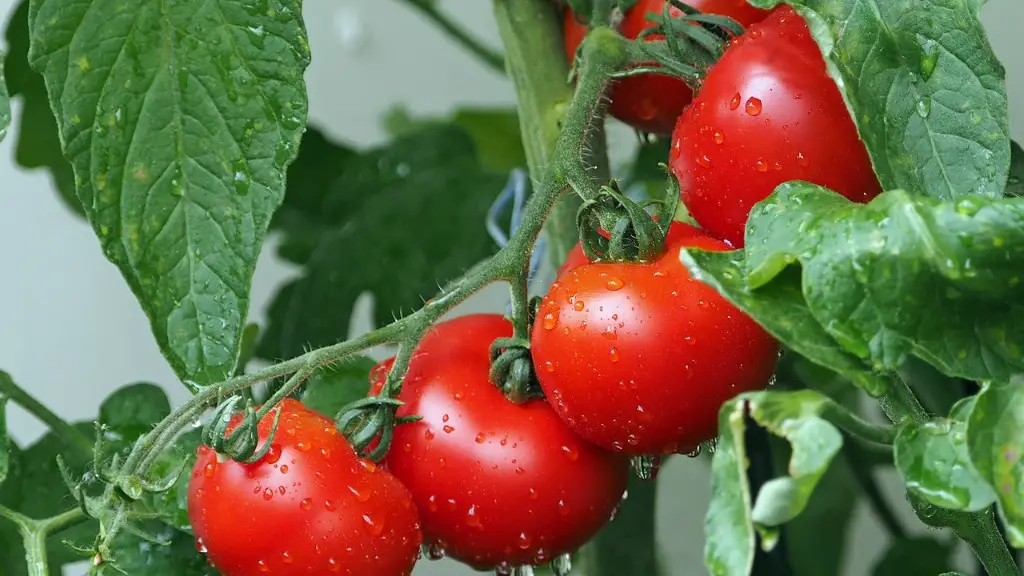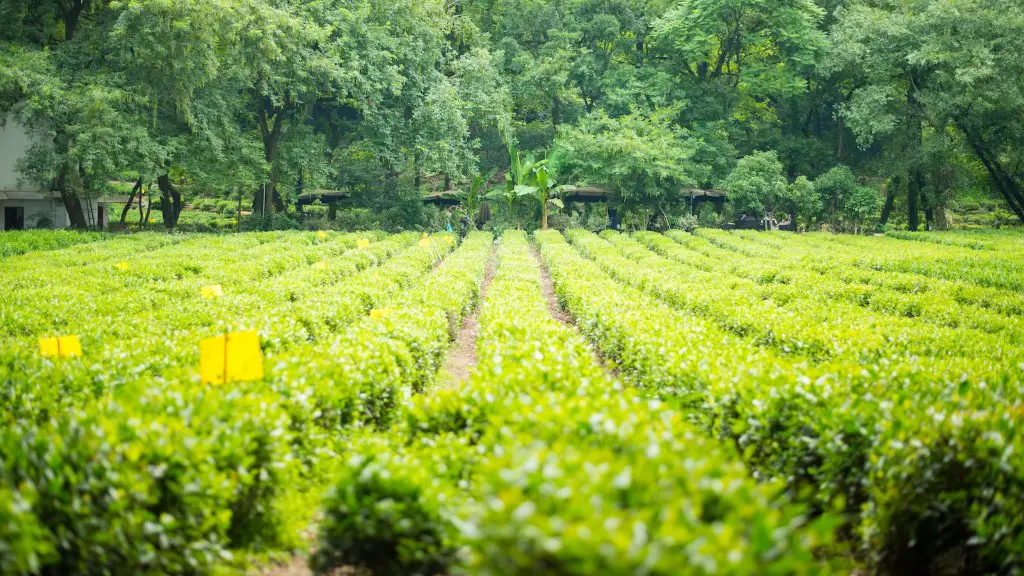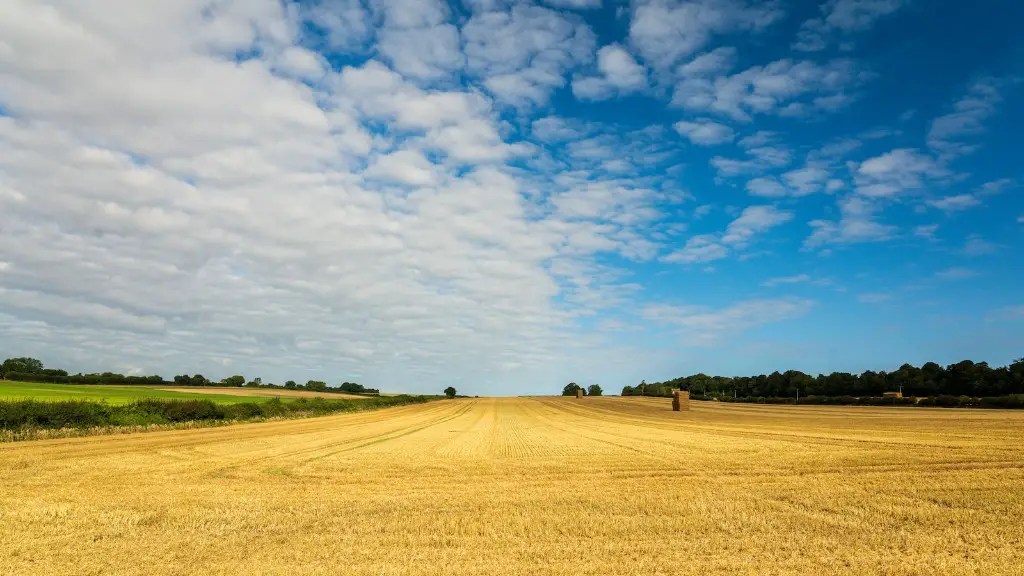Agricultural classes are one of the most fundamental subjects you can take as a student. Through them, you gain a broad understanding of the food and feed production system, how to manage land and water resources, how to care for plants and animals and how to raise economic benefits for society. In addition, you will learn how to respond to present-day and future needs in an ever-changing world. Here, we’ve taken a look at the topics you can expect to learn in an agriculture class.
Animals
Whether you’re looking to start your own small-holding or venture into larger-scale livestock operations, animal science is an essential component of an agriculture course. You’ll learn about the biology and management of birds, cattle, horses and small mammals, as well as the control, prevention and treatment of livestock diseases. You’ll also get to grips with the technology used for animal genetics and cloning, and the effects of globalisation and the climate change on food production.
Crops
Getting crop yields up and maintaining a steady stream of plants that are in high demand globally, is a vital part of food production and economics. Students studying crops on an agronomy course can expect to gain an understanding of soil science, horticulture, crop production, biotechnology and nutrition. You’ll also find out about the latest sustainable practices for crop and land care, pest and weed control, water management, producing renewable energy and dealing with climate change.
Soil Science
From the formation of soil in its natural environment, to understanding its physical and chemical properties at depth, soil science is an essential part of sustainable food production. As part of an agriculture course, you’ll gain valuable insights into the pH of soils, its properties in relation to air and water and its fertility – essential for large-scale, quality crop production. You’ll also have the opportunity to learn about soil composition and ecological principles.
Food Science and Technology
For food entrepreneurs looking to set up their own agricultural business, food science and technology is a must-have knowledge base. From an agriculture course you’ll learn about the journeys food makes from the farm to our plates, understanding the biochemical and biological mechanisms of food processing, safety and packaging. You’ll also gain insights into the marketing of food products, and how to produce food for a variety of consumers with different dietary requirements.
Business and Economics
Gaining significant financial benefits from agricultural business is vital for it to be commercially viable, and courses will often include some form of economics or business-orientated topics. You’ll learn the important concepts of agribusiness such as cost analysis, financial management and market development. You’ll also understand the importance of maintaining the sustainability of agricultural practices, the crucial role that technology plays in production, and the technical skills needed to become a successful farm manager or entrepreneur.
Policy and Law
Public policies and laws are constantly changing to ensure fairer and more sustainable global food production. A course in agriculture will give you an insight into the ethical and legal considerations involved in producing food and managing natural resources. You’ll also comprehend the importance of consumer education, understand the different types of production arrangements such as agritourism, and better manage the resources you have.
Environmental Science
Environmental science is increasingly important in the agricultural sector, and an agriculture course will teach you the fundamental principles of sustainable land management. Through both practical and theoretical study you’ll become proficient in land evaluation, soil and water quality, natural resources management, conservation methods and the diverse range of biomes that are home to large numbers of plants and animals. You’ll also understand the importance of environmental protection, different land-use policies, and biodiversity in systems of food production.


